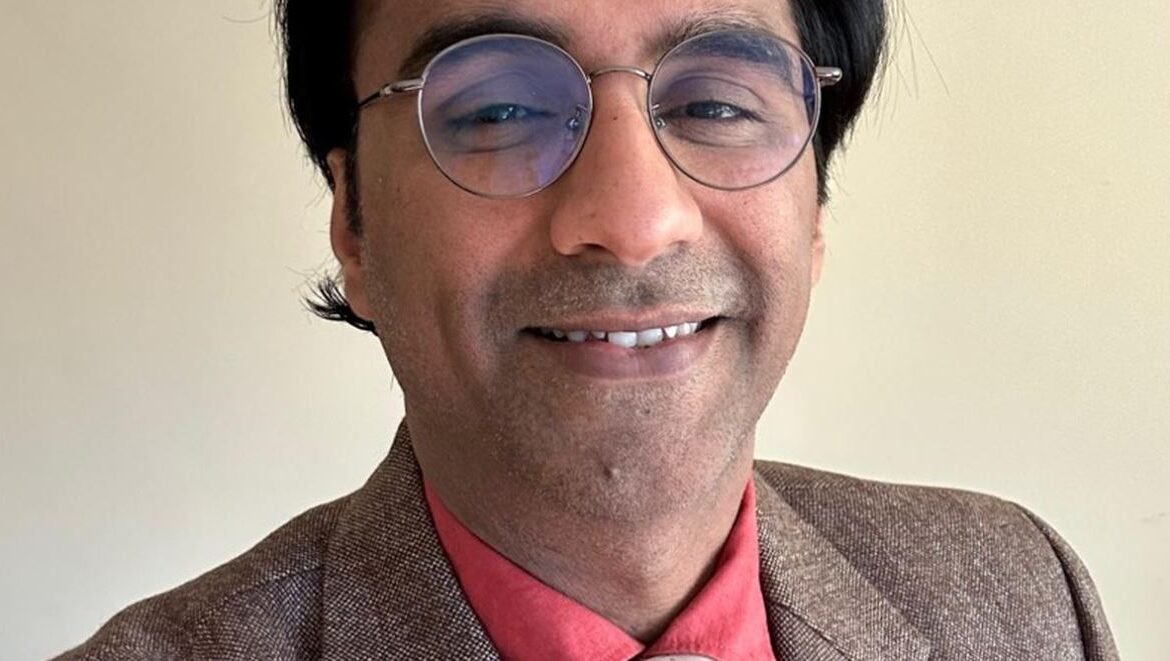America Prepares to Deport Indian Peace Studies Doctor Over Alleged Hamas Ties: A Shocking Escalation
In a stunning move that has sparked widespread debate, the United States is gearing up to deport an Indian academic researcher amid allegations of supporting Hamas. This incident, unfolding as of March 21, 2025, aligns with America’s ongoing policy of deporting foreigners perceived as threats to national interests. However, the case raises critical questions about free speech, academic freedom, and the boundaries of U.S. immigration enforcement.
U.S. Authorities Arrest Georgetown Researcher Outside His Home
The saga began when federal agents arrested Badar Khan Suri, an academic affiliated with Georgetown University, outside his residence in Rosslyn, Virginia, on Monday evening. According to Fox News, the U.S. Department of Homeland Security (DHS) accuses Suri of ties to Hamas, a Palestinian militant group. Specifically, the DHS claims that Suri has spread propaganda for the organization and posted antisemitic content on social media platforms. Consequently, authorities are now pushing to deport him, labeling his actions as detrimental to American foreign policy.
Suri, who resides in the U.S. on a research visa and is married to an American citizen of Palestinian descent, was detained and transferred to Louisiana. His lawyer reports that he awaits a hearing before an immigration court. Meanwhile, the lack of concrete evidence in the DHS statement has fueled skepticism about the charges against him.
A Scholar Caught in the Crossfire of Politics
Badar Khan Suri is no ordinary detainee. Currently teaching a course titled “Majorities and Minority Rights in South Asia” at Georgetown University, he holds a Ph.D. in Peace and Conflict Studies from a prestigious Indian institution. His academic work focuses on resolving disputes, making the allegations against him particularly ironic. In fact, his attorney argued in an email published by Reuters, “If a distinguished researcher dedicated to conflict resolution is deemed harmful to foreign policy, then perhaps the issue lies with the government, not the scholar.”
Interestingly, Georgetown University has distanced itself from the controversy. A spokesperson stated that the institution has not been informed of any illegal activity involving Suri, nor has it received an official explanation for his detention. This ambiguity only deepens the mystery surrounding the case.

Trump’s Deportation Agenda Intensifies
This incident is not an isolated event. Instead, it fits into a broader pattern under President Donald Trump’s administration, which has aggressively targeted foreigners linked to pro-Palestinian activism. For instance, earlier this month, authorities detained Mahmoud Khalil, a Columbia University student, for participating in protests against Israel’s war in Gaza. Like Suri, Khalil now faces deportation proceedings, though he is challenging his detention in court.
Trump’s policies have drawn sharp criticism from civil rights groups and immigrant advocacy organizations. They argue that the administration is unfairly targeting political dissenters, using vague accusations to silence critics. As a result, cases like Suri’s have become flashpoints in the ongoing debate over immigration and free expression in the United States.
Lack of Evidence Sparks Outrage
One of the most troubling aspects of Suri’s case is the absence of specific evidence in the DHS’s accusations. While the department’s statement—reposted by Stephen Miller, deputy chief of staff to the White House—asserts that Secretary of State Marco Rubio deemed Suri’s activities grounds for deportation, it offers no details to substantiate the claims. This opacity has led many to question the legitimacy of the charges.
Furthermore, Suri’s lawyer contends that his client’s social media activity falls under protected speech. If the government cannot provide clear proof of wrongdoing, the deportation effort could set a dangerous precedent for academics and immigrants alike. Nevertheless, the DHS remains steadfast in its position, framing Suri as a national security risk.

A Test for Academic Freedom and Immigrant Rights
As the case unfolds, it highlights the tension between national security and individual rights. On one hand, the U.S. government insists that it must act decisively against perceived threats. On the other hand, critics argue that such actions erode the principles of academic freedom and fair treatment under the law. For now, Suri remains in limbo, his fate hinging on an upcoming immigration court ruling.
In conclusion, the arrest and impending deportation of Badar Khan Suri underscore the complexities of America’s immigration policies in 2025. Whether this move strengthens national security or weakens democratic values remains a matter of fierce contention. Only time will reveal the full implications of this high-profile case.



